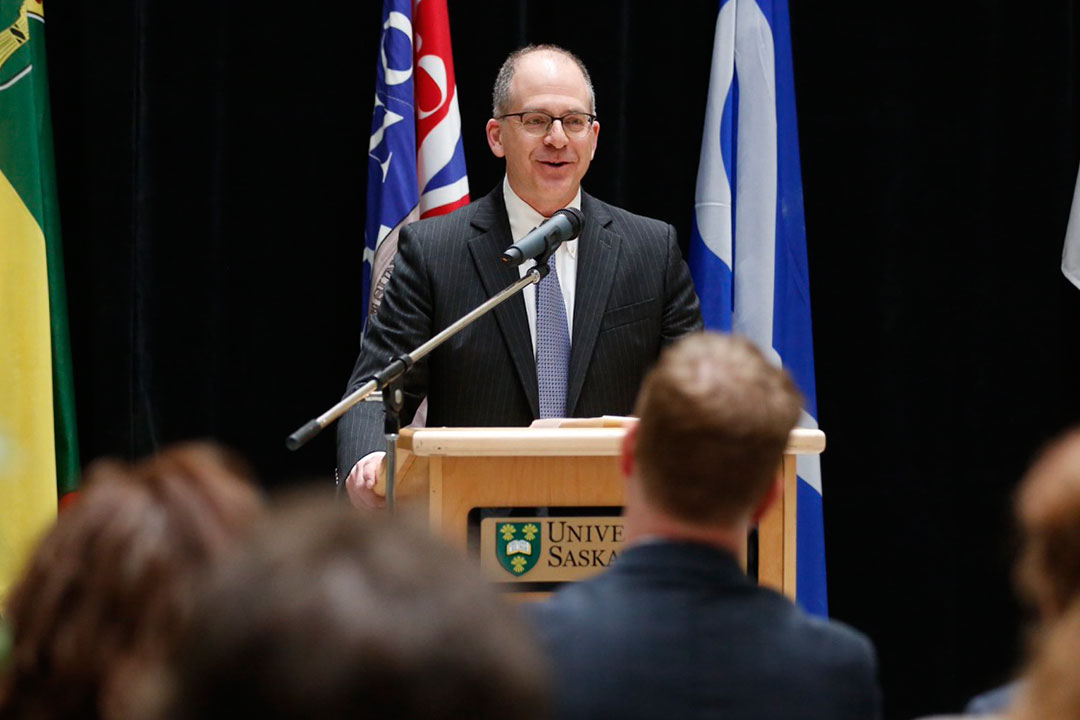
Media Release from the U of S
On May 31, the University of Saskatchewan put out a media release announcing recently funded research projects.
By Office of the Saskatchewan MS Clinical Research ChairThe media release can be found here.
Improving lives of MS patients
Canada has some of the highest rates of MS in the world, and Saskatchewan in particular has some of the nation’s highest rates of the autoimmune disease, which causes acute attacks of neurologic dysfunction.
Current drug treatments are effective in stopping the immune system of MS patients from attacking myelin—the protective outer coating of nerve cells in the brain and spinal cord—and stabilizing symptoms such as fatigue, muscle weakness and incontinence, Levin said.
However, the immune system attack is believed to trigger degeneration of the nerve under the myelin in about half of MS patients, leading to a “slow, smouldering loss of neurologic function, which is what we are looking at,” he said.
His USask team found a mutated form of a large protein—known as A1—in the brains of MS patients. The Frontiers award will be used to study the mutation that causes A1 to get stuck and tangled (aggregate) inside the cytoplasm of nerve cells in MS patients, contributing to cell death.
“This grant is about interrupting that aggregation, and getting the A1 untangled so it can go about its business normally, shuttle back on forth between the nucleus and cytoplasm delivering RNA,” said Levin.
RNA is ribonucleic acid, which is turned into proteins that fuel the cell. Researchers aim to design small proteins, called peptides, to insert into the cell and untangle A1.
The research could lead to developing add-on drugs to save nerve cells, reduce disability, and improve the lives of persons living with MS, Levin said. The findings could also benefit others with neurologic diseases such as Alzheimer’s, Parkinson’s and Lou Gehrig’s that involve malfunctioning RNA-binding proteins, Levin said.

